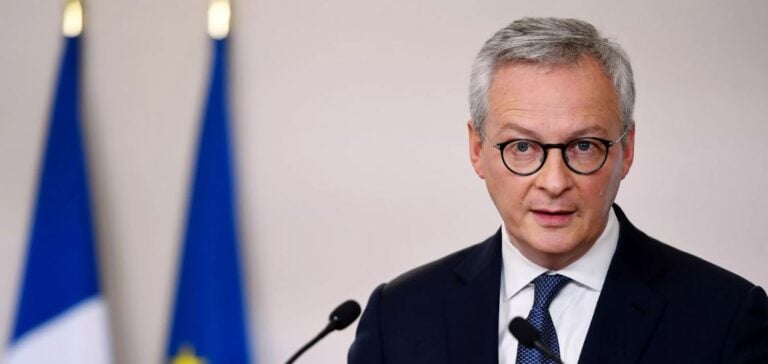A new era of transparency in the evaluation of efforts to reduce CO2 emissions has begun in France. French Economy Minister Bruno Le Maire has assured us that the effectiveness of anti-CO2 devices will be assessed as early as next summer. So, from this summer onwards, every euro spent will be scrutinized to measure its real impact on CO2 emissions. Energy renovation schemes, the car bonus and industrial decarbonization are at the heart of this analysis. This approach has been hailed by industry professionals as a sign of their determination to optimize public funds.
Substantial investments
With over 10 billion euros invested annually by the State and local authorities, the stakes are high. This sum, equivalent to the government’s savings plan for 2024, is primarily aimed at energy renovation. The goal? Guarantee a tangible reduction in CO2 emissions in line with the targets set for 2030 , while France’s action plan is criticized by some experts and NGOs for its lack of concrete measures.
Focus on key features
The Minister emphasizes the importance of energy saving certificates, involving energy suppliers in the fight against energy waste. Representing 4 to 6 billion euros in annual expenditure, these schemes are crucial to achieving emission reduction targets. The government’s commitment to efficiency and transparency is also reflected in its determination to step up controls against energy renovation fraud.
A results-based approach
Scheme evaluation will be based on precise criteria, such as the effective reduction of CO2 and greenhouse gases. This method will enable us to identify the best-performing initiatives and adjust spending accordingly. Bruno Le Maire’s pragmatic approach underlines the need for rigorous, results-oriented management in the fight against climate change.
A stronger commitment to fraud prevention
Increased checks against energy renovation fraud illustrate the government’s determination to ensure the integrity and effectiveness of the funds invested. With a 20% increase in controls planned for 2024 and 30% for 2025, France is strengthening its verification systems, which are essential for the credibility of its environmental policy.
France is thus embarking on a new phase in its decarbonization policy, marked by greater transparency and rigor. This summer’s results will determine future adjustments, which are essential for an efficient and responsible energy strategy.






















